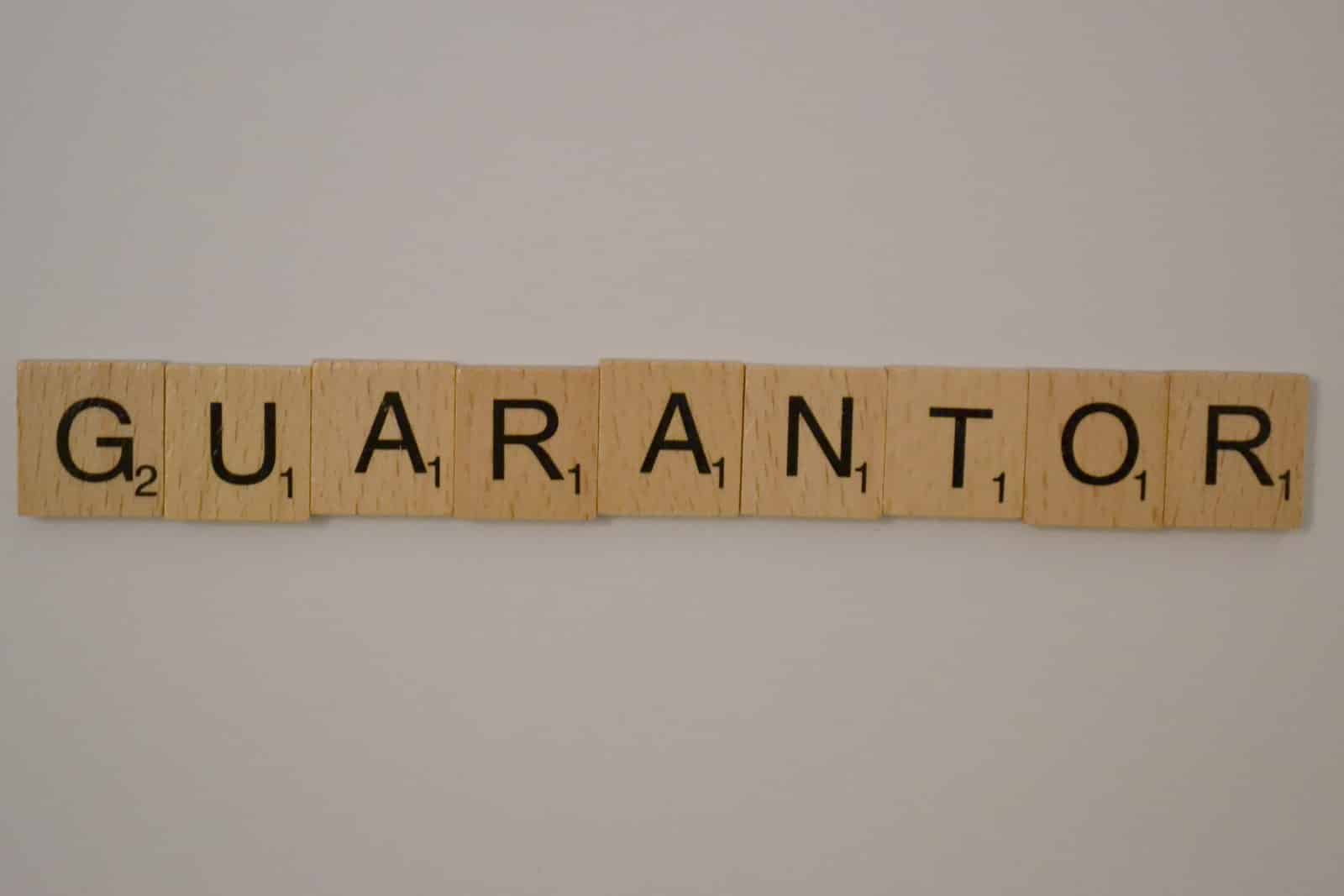Learning how guarantor loans work can be a vital asset for anyone looking to get on the property ladder. Especially if they need help to reach the minimum deposit amount.
For homeowners, learning how guarantor loans work provides them with a failsafe if they fail on repayment and lessens the amount they need to get a home loan approved when buying a property
Having a guarantor might not seem ideal. Getting someone else to put their financial security at risk for you can be a big ask – especially if they’re debt-free.
However, guarantors aren’t just friends. They are often parents or older relatives ready to help their next of kin move on in the stage of life. Making them willing to go the extra mile in life. So with that mindset, just how do guarantor loans work?
What is a guarantor?
In lending, a guarantor acts as a failsafe for anyone who can’t make a scheduled payment. Whether buying or renting, if someone has a guarantor and they fail to pay themselves, it then falls on their guarantor to pay the scheduled payment.
A guarantor is almost always directly related to the individuals themselves. They are often a parent but can also be an older sibling or grandparent depending on the situation.
When initially making an application, the individual can nominate a chosen individual to act as a guarantor should they wish – putting liability on them to pay should they fail to make a payment. This then activates if an individual fails to make a payment.
How guarantor loans work
When applying for a home loan, the buyer often needs 20% to put a deposit down on the house. Should they not have that amount, they can be liable to pay lenders’ mortgage insurance (LMI) to cover the shortfall in case they can’t make a payment.
However, a guarantor loan can help the buyer avoid making this LMI payment. Should someone agree to be a guarantor, it sees them put up a portion of their home to make up the rest of the amount needed to secure the full value of a home.
For example, if you are buying a home that is worth $600,000, you would need a minimum deposit of $120,000. However, if you only have $60,000, you would have to pay LMI fees to secure the rest of the amount.
Instead of doing this, the buyer can nominate a guarantor who is willing to put up a portion of their home to make up the shortfall. This would see them put up $60,000 of equity to make up the $120,000 deposit for the property.
With a guarantor loan, the guarantors aren’t required to make payments regularly. Instead, it acts as collateral should the buyer default on a payment. Only then is the guarantor required to make payments.
What are the benefits of a guarantor loan?
For prospective buyers, knowing how guarantor loans work provides several advantages. And it’s not just the bonus of having added security. So how does it benefit the buyer?
The LMI Factor
Saving up for any home is a timely process. Especially as reaching the 20% threshold for a deposit could take years of saving to reach. Even when entering the buying process, putting down thousands might not be enough – especially if you have to pay LMI fees. These fees act as security for lenders should you ever default and add thousands to the initial costs you need to pay on top of the deposit.
Finding a guarantor to make up the necessary amount for a deposit, eliminates the need for a LMI fee to be paid. Not only does this help secure a home loan for good, it reduces the need to pay thousands of dollars that could be spent elsewhere.
No guaranteed payments
For the guarantor, being included on a guarantor loan doesn’t mean you are set for regular monthly payments. Indeed, most of the time, you won’t have to pay anything each month. Instead, you act as a reserve should the actual loanee default on any payments. In most cases, guarantors can be added to the loan and never have to pay anything for its entire duration.
What are the risks of a guarantor loan?
Of course, no loan comes without risks and for the guarantor, the thought of acquiring more debt can be a concern. So what should you be aware of?
That rainy day
If you are on a guarantor loan and the loanee defaults, the onus falls on the guarantor to pay the bill. This means you are paying for their entire payment – not just a portion of it. This will carry on until the original loanee can make regular repayments again. Should you fail to make these payments, then it does put your own home at risk as well as the home of the others attached to the initial loan. That’s why due diligence is always advisable before agreeing to become a guarantor.
Impacts credit
By essentially taking on more debt, becoming a guarantor will impact your financial situation. Not only does it potentially add to your regular payments, it will reflect on your credit rating. This means you might not be able to borrow more money or open up any other loans if attached to a guarantor loan.
FAQ
How much can guarantors provide?
In most situations, a lender will allow guarantors to cover up to 20% of the value of a home loan application. This often helps provide the prospective buyer with the least amount needed to secure the full amount needed for a loan.
How long do guarantors sit on a loan?
A guarantor will sit on a loan typically until the equity value of their home has been repaid. Once this has been met, the loanee can often refinance to remove the guarantor and be solely in the name of the actual home occupiers.
Who can be a guarantor?
In most cases, a guarantor is often the parent of the loan applicant. However, other direct family members may be considered by the lender such as a grandparent or an older sibling. It will almost always be a relation to the applicant though – not a friend or co-worker.
Conclusion
In the end, knowing how guarantor loans work provides prospective buyers with an additional way of getting on the property ladder. Not only does it help them avoid the dreaded LMI fee but it also helps them buy a house with a little less than they might have thought.
For the guarantor, their presence isn’t one where they are expected to pay. It’s a means of supporting their kids and helping them out should things go south. No matter what happens though, learning how guarantor loans work gives more people the chance to buy a house with their savings kept intact.
To seek out the best options for purchasing a home, speak to a Wise Buy Home Lender for guidance today. Our property experts can give you all the advice you need to work out the best way to get on the property ladder today. Visit us today to see how they can help you understand how guarantor loans work and help buy your dream property today.












